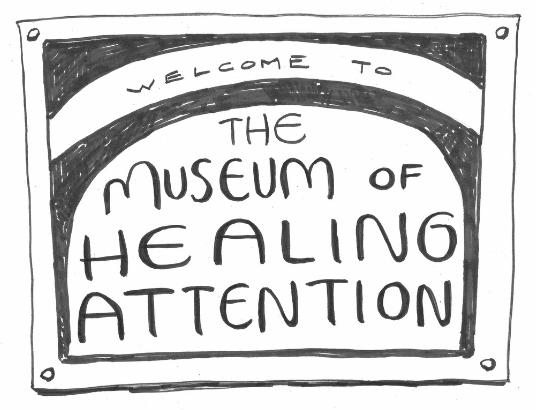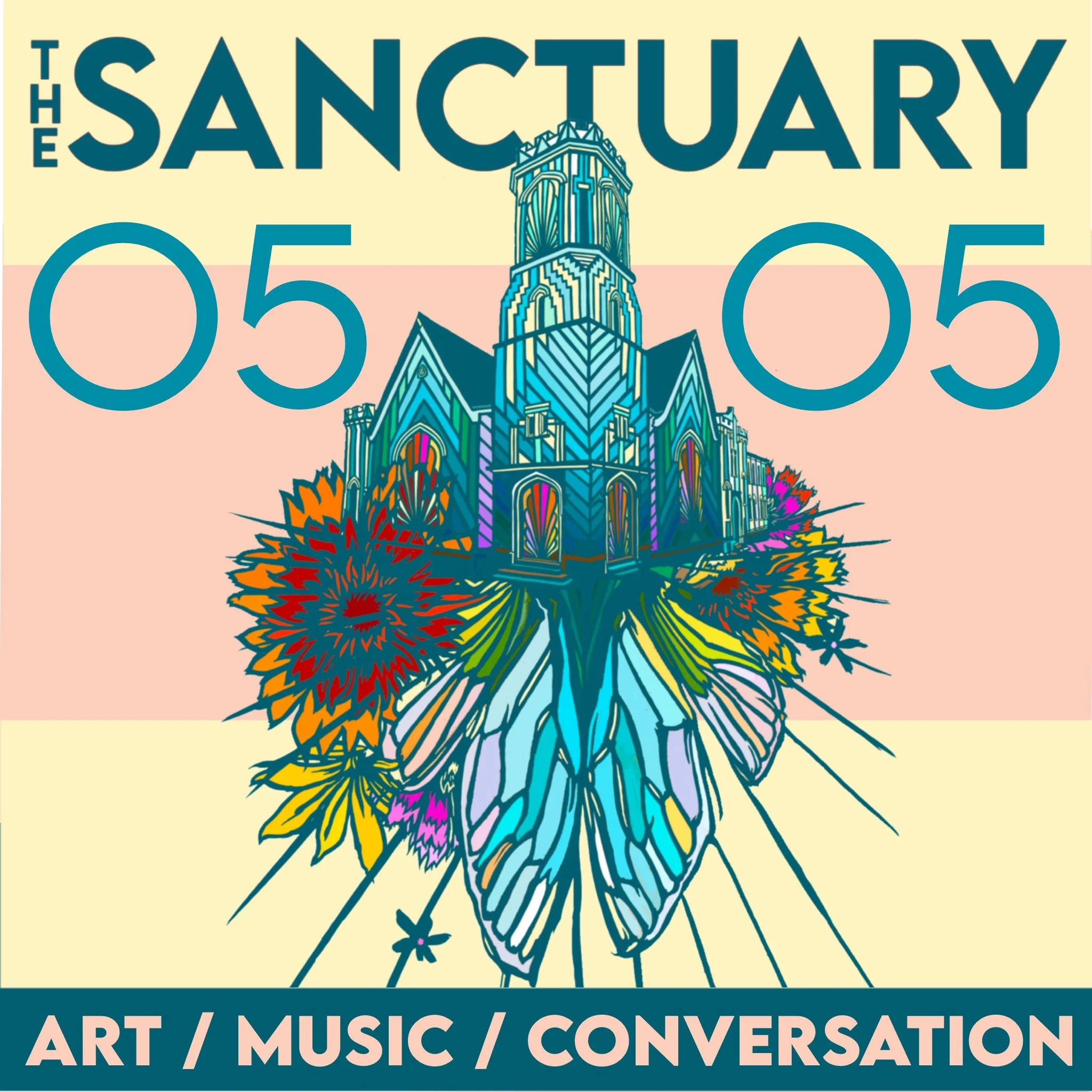Voice of a Haitian by Michael Jocelyn Aristil
In the current times of unrest and violence in Haiti, we feel it is ever more important to stay closely connected with our community partners in the village of Cormiers, Haiti and we are in contact with them weekly. We have been working with the community since the earthquake of 2010 and that has flourished into the long-term relationship we have today. In light of the gang chaos and corruption taking place, we are heartened to see that our youth programs are still flourishing. In fact, we even added a new weekly academic tutoring program in April to broaden the reach of our programs to more children. Our Haitian Program Manager, Michael Jocelyn Aristil, recently shared with us his personal insights on the situation at hand in his country. We thought you might find it insightful and so we are publishing it here. We learn so much from the strength, resiliency and immense heart our Haitian friends show us.
Voice of a Haitian
by MICHAEL JOCELYN ARISTIL
It is extremely heartbreaking to see how Haiti has been continuously plagued by crises over the years. Political instability, economic hardships, and natural disasters are among the things that hinder the growth and rising up of such a powerful and beautiful nation. We, the Haitian people, have endured so much over the decades and it is devastating to see that we are going further into the tunnel while our boldest expectation is to finally see the light.
Over the past few months, gang violence has been at its peak throughout the country. Bandits are seizing and ruling new public territories and they are kidnapping people from all social classes. The public road towards the capital of the country, Port-au-Prince, is still under the control of heavily armed men whom you must pay to have passing access from one block to another. What makes it more frightening is that the local authorities seem to be powerless or deliberately show passiveness while the gangsters are terrorizing the population. No concrete action is taken to stop the violence and restore peace throughout the country. It is even scarier when our Justice Minister declared publicly that some of the areas such as Martissant, which connect the West region to the South region, are considered as lost territories. So, hearing that declaration completely sapped our hope and we are witnessing the darkness triumphing and enlarging its circle.
We have already been living in a country in which most of our basic rights have been infringed upon, so the current situation only makes matters worse. One is not free to move around in one's own country, even to school, to work, or for mere pleasure. Everything is completely paralyzed. I should also point out that most Haitian people operate within the Informal economy, with Port-au-Prince being the economic center of the country where workers come from many different regions to sell their products, to work in factories, companies and more. Moreover, a large part of the population, not to say all, is leading a hand-to-mouth existence. They already have been going out on the street every day and struggling to make a living. That is what allows them to pay their loans, rentals, school fees, and most importantly to feed the household on a daily basis. One can imagine what happens in this kind of holding pattern when people get stuck at home and are unable to go about their essential activities.
In addition, there are a lot of basic services that the population doesn't have access to given the country's current situation. It has been an existing issue that you need to travel to the capital of the country for most of the services one might need in a public office. Port-au-Prince is therefore the key destination for important medical needs, public university and more. It's a way to say that the growing insecurity affects people here in myriads of ways.
As I mentioned above, no action is being taken to solve the situation. The country is currently not too different from a jungle. The established government is totally inactive. The Prime Minister left on a trip to Kenya in March and was forced to resign after finding it impossible to safely re-enter Haiti. Since that time, a “Transitional Council” has been formed, whose impact and authority on the climate of chaos are yet to be known. Prisons are broken. Police headquarters are attacked and destroyed. Ports are attacked and closed. Several attempts have been made to pillage the state bank, BRH. The gangsters will continue to try and take control of other strategic and symbolic institutions such as the presidential National Palace.
Youth and their access to education have been impacted by the chaos and unsafe environment in the capital. Due to the growing tensions, hundreds of schools had no other option than to close their doors until further notice. So, you have thousands of students staying at home without schooling, as there are only a few schools in Haiti that have online learning platforms.
Hunger is another thing that has started to hit people across the country. The growing insecurity has made it very challenging for salespeople and companies in some places to purchase merchandise as the trucks delivering product will be looted by gangs along the way. In order to ensure the safe arrival of the cargo, the companies or the salespeople have to negotiate with groups of gangs to obtain an authorization to pass into their destination. By negotiating, I mean they have to pay huge monetary sums imposed by the gangsters as ransom. Upon eventual delivery of products, the salespeople or companies are obligated to increase the prices of the goods or services to avoid any deficit caused by paying ransom along with the supply chain instability. In the end, the population is the one that pays all the consequences as the price of the products are sky-high and we have no alternative but to acquiesce to the inflated prices. Oftentimes, many people can't afford to buy the products at all.
Recently, the country’s main port of entry for foreign imports was attacked and is currently closed. So, a shortage of essential products is growing throughout the country. If nothing is done, things will worsen for Haitians.
How is the community of Cormiers faring through all of this?
Life in Cormiers thankfully has remained safe thus far. The farmers are preparing the land and are waiting for the first rain to start sowing their seeds for the growing season. Schools are operating here as well, and the students had their midterm exams in March, just before Easter. Although we are not directly exposed to the growing tension in the capital and its surrounding areas, we are still affected by what's going on. Family members, friends, and those of us that don’t know each other, are collectively saddened by how people are getting killed day in and day out. Some young professionals and students have abandoned their careers and studies as they are unable to make it to Port-au-Prince. The artisans are no longer able to sell their pieces to the shops in Port-au-Prince, which provided vital income to meet their needs. As for the local farmers, they typically grow quantities of produce for the community as well as selling to merchants from Port-au-Prince. "Madan sara" is a group of local Haitian women merchants that play a vital role in the country's economy. They come from places throughout the country, including Cormiers. They buy up all kinds of fruits, vegetables and other products from the peasants and bring them in big, fully loaded trucks to the capital. They are no longer able to do that as their safety is at risk, very often being kidnapped and raped by gangsters along their route. Needless to say, this has a huge impact on the local economy as well as disrupting food supplies in many areas.
These disruptions are causing inflation, and life is getting very expensive here in Cormiers. Some people have had the chance to escape the tension in the city by joining their family in our rural community, which is of course, positive to some extent that families can be safe and together.. However, it does put a strain on the households as they must cook more food and provide for a great number of people. It creates a burden for those who've already been struggling to provide prior to the violent outburst. Employment opportunities are extremely limited in this area and depending on the location, one might get hired by a company but unable to go to work because of travel restrictions.
The situation is stressful for all of us in the community, especially those of us who are working with children and young people. As adults, we have our own concerns to deal with, and at the same time, we have a lot of youth counting on us and we need to take good care of them. This work requires a lot of courage, dedicated effort, and good regimens of self-care to maintain our resilience and abilities to spread positive energy to those we engage with. It is even more stressful for the children, though. Youth here and throughout our nation are impacted by the current chaos. They are aware of what's going on in the country, hearing news on the radio, listening to adult conversations, or from our educational programs in the community. As instructors in Klub Obzevatwa’s youth programs, we are doing our best to support our students during this difficult time by incorporating more topics about mental health, personal well-being, sports, fun games as well.
In the academic programs, we focus a lot on motivation and positive reinforcements to raise the morale of the students. We also incorporate a bit of civic education to show them the role they can play in the creation of the new Haiti. In addition to quality education, we also tell them about important values that they need to cultivate as well in order to better serve the community and the country. After all, even though many of the current leaders have Master's degrees or PhD’s, they can be prone to corruption and other wrongdoings in the face of their citizens being denied their basic human needs. We want to teach our students that living by worthwhile values and morals for themselves and their communities is key to a better way of life.
Many young people would like to flee the country entirely and obtaining a passport is in high demand, especially since the USA launched the Humanitarian Parole Program last year. Some see the program as a relief, bearing hope that they can move to the US to have a better life. It is getting harder to convince young people to stay here and work to change the course of things at home. It is understandable when you personally know what they are experiencing or what they are escaping from. The passport application process can be lengthy and complicated in Haiti, even before these times. Thus, we are seeing some people leave without any travel documents at all. Oftentimes, they embark on a small boat trying to reach another country. Some have lost their lives, while others get caught and sent back. People are choosing between staying in Haiti and risk being killed or escaping by boat, even at times without any destination at all, in the hope of finding safety and another way of life.
More than ever, this difficult time shows us that the communities throughout our country need to be strengthened and empowered. They also need to be self-reliant by making use of all the resources they have available, in terms of fellowship, goods and services. It shows everyone the importance of putting our hands together for the good of the community as a whole. If we don't, we will fall one followed by another.
We are grateful for NGOs and other groups from the diaspora who embrace the approach of working directly with Haitian communities. This model continues to be effective right now. We are forever grateful for the Heliotrope Foundation’s continuing partnership with the people of Cormiers through the well-established and growing community programs. The situation in Haiti is challenging, but we continue to stay positive and hope that a new dawn will rise.























